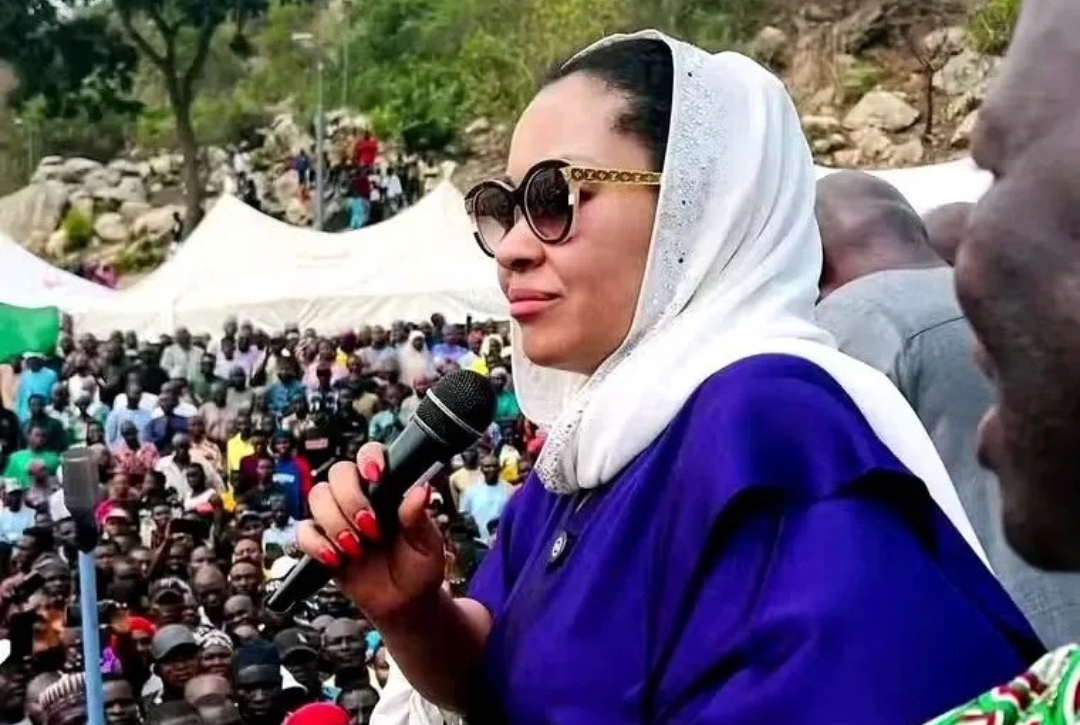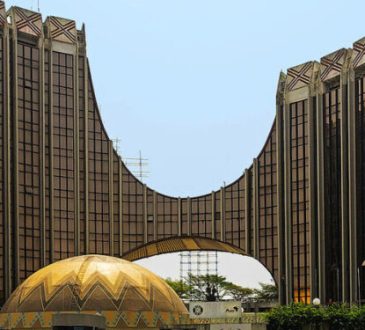Lagos to witness high rainfall with flash-flood, Govt alerts residents

- season to start April 1, cease 1st week Dec
The Lagos State Government has alerted residents that the year 2023 in the state is expected to experience an above-normal annual rainfall amount predicted at 1936.2mm which will start in the first week of April, specifically, on the first, Saturday, and cease in December.
Commissioner for the Environment and Water Resources, Mr. Tunji Bello, disclosed this on Thursday, during the 2023 media briefing on Seasonal Climate Predictions, SCP, and it’s Socio – Economic implications for Lagos, held at Alausa, Ikeja.
He said the 1936.2mm amount of rainfall predicted for 2023 was greater than the long-term average of 1721.48mm experienced in the state in the last 10 years.
Bello added that according to prediction released by the Nigerian Metrological Services, the State is predicted to experience an average to slightly above average rainfall amount and an elongated season length.
He stated that specifically, Ikeja is expected to have an annual amount of 1900mm, while Badagry will experience 1978mm amount of rainfall.
Ikorodu, Lagos Island and Epe are expected to have a rainfall with annual amounts of 1903mm, 1936mm and 1952mm respectively with onset dates of 1st of April and cessation of 3rd of December 2023.
“It is also expected that the recent increase in the frequency of extreme weather events will continue in 2023, with days of extremely high rainfall amounts that may result in flooding, largely because strong winds are expected during the onset and cessation of each rainfalls”.
Bello, listed contributory factors to flooding to include the rise in the Lagoon level as a result of high tidal movement, which may “lock up” the discharge points of drainage channels and until the Lagoon recedes, there will be no discharge, allowing the backflows and all the generated storm water to immediately discharge, and the roads becoming free.
He explained that “it is normal to have occasional flash floods when it rains, which would percolate rapidly just like it’s been experienced around the world,” adding that “it is only when rain storm water remains on the roads for hours that it can be reported as flooding,” which hew cautioned the media against sensational reports.
Bello said the ministry not only collaborates with NiMet annually in the Prediction which serves as early warning tool for all those concerned but the Government had plans in place to downscale the National Seasonal Climate Prediction for stakeholders locally.
While allaying fears on flooding, he said the state had increased the preparedness for weather and flood related issues by deploying its network of weather stations and river gauge stations to monitor the weather across the state and to monitor incoming rainfall storm water from neighbouring states such as Ogun, Oyo and Osun that may result in increasing water levels.
“The Ministry continues to embark on all-year-round drainage maintenance for effective flood control as well as sustainable solid waste management system, this year will not be different, “Bello stated.
The Commissioner stressed that Government has continued to maintain the synergy and partnership with the Ogun-Oshun River Basin Development Authority (OORBDA) in order to effectively contain flooding in the state.
He added that OORBDA ensures the steady and systemic release of water from Oyan Dam to prevent flooding of the downstream reaches of the Ogun River saying the relationship has been highly beneficial and would be sustained.
Bello, said Government had intensified its enlightenment efforts to sensitize residents in coastal and low-lying areas of the State such as Agiliti, Agboyi, Itowolo, Ajegunle amongst others to relocate to upland to avert loss of lives and property when the need arises.
He advised residents to report cases of drainage blockages and illegal dumping of waste on unauthorized places to the Resident/Drainage Engineers and zero tolerance offices that are available in all 57 Local Governments Areas and Local Council Development Areas during and after the rainy season.
He said the Government was determined to collaborate with the authorities of the Local Government and Local Council Development Areas in order to have their own version of Emergency Flood Abatement Gang for monitoring of tertiary drains to ensure free flow drains into the secondary and primary collectors.
The Special Adviser to the Governor on Drainage and Water Resources Engr. Joe Igbokwe, noted that Lagos would not relent in its efforts in environmental management even as people move into the state in large numbers.
He said government is determined to continually manage flooding across the state even as it is a coastal city adding that Lagosians should refrain from acts that can lead to flash flooding.






